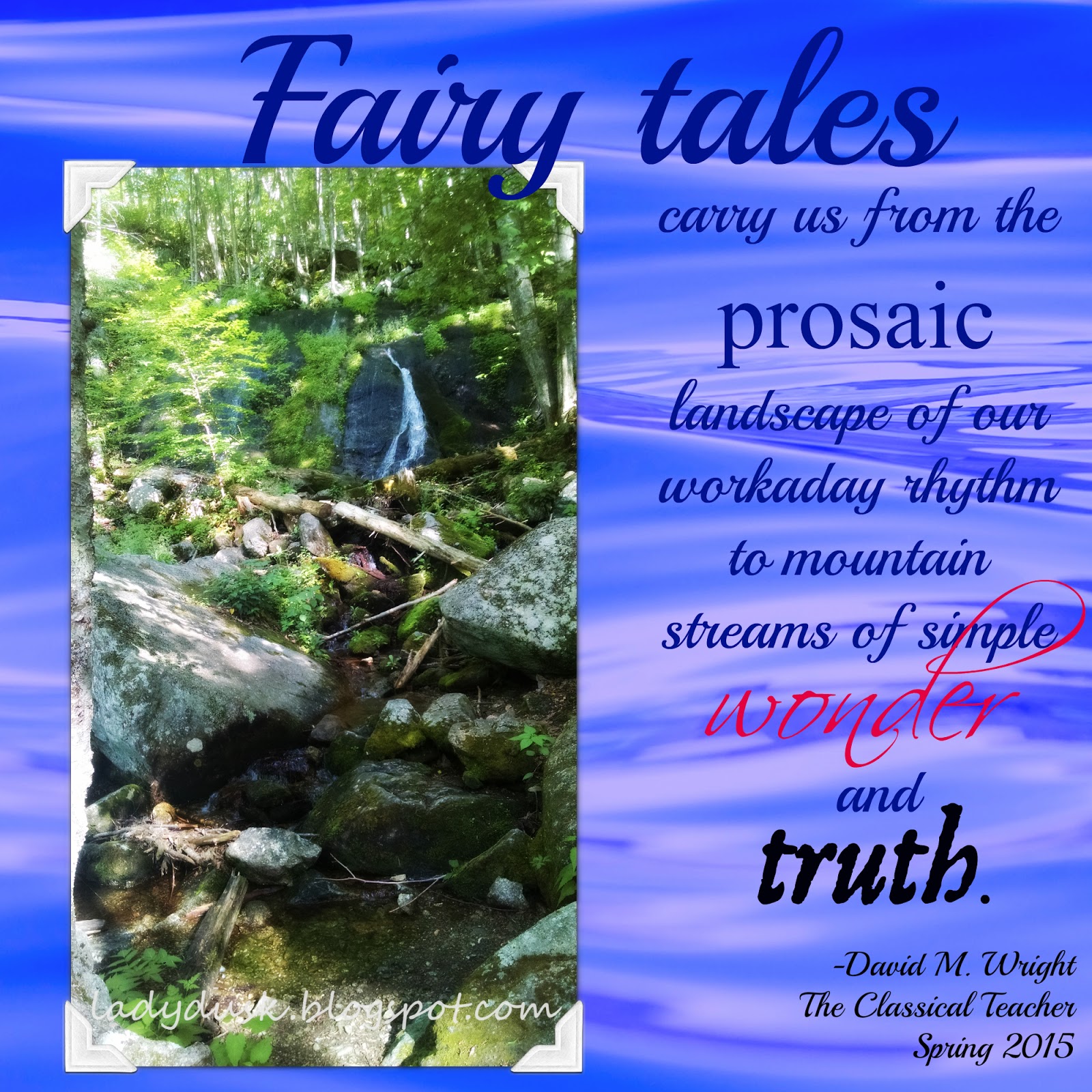Wednesdays with Words: Wonder-tastic

For the past several years one of the words I’ve heard at the homeschool convention is wonder. Cultivating a sense of wonder. Wondering about something. Woner as awe. Teaching children to wonder about their world. Seeing and hearing things that are wonder-ful.
But, I don’t think I really picked up on the idea until I read The Liberal Arts Tradition by Clark and Jain. In that book, they give a paradigm for learning of four Ws:
We wonder at, about, in something. Work to learn. Gain wisdom. Then Worship God. Isn’t that beautiful?
I’ve seen that concept of Wonder being the first step toward knowing in several places since, and may write more about it tomorrow in my posts catching up in my reading with Heather of Own Your Life.
In their Old Testament Wisdom Literature, Bartholomew and O’Dowd tell us that part of the reason we struggle with the Wisdom Literature of the Bible is:
In sum, we have lost the capacity to wonder at the power and order of the creation. (pg 14)
and
Large swaths of our generation of Christianity have never thought to embrace a theology of wisdom with its comprehensive focus on creation. The eclipse of creation and the marginalization of the biblical Wisdom literature have left us bereft of sheer wonder at God’s ways with his world. (pg 14-15)
This week I finally started reading through the Spring 2015 edition of The Classical Teacher, Memoria Press’ Magalog (it’s free and always good, sign up!). The spring edition might be the best one I’ve read with articles about reading Latin for the sake of reading Latin, the classical view of Arts (this was incredibly helpful, I’m going to give it to Jason to read), the book-culture of the Cothran home, and (I haven’t gotten there yet, but I’m excited about this article about Milton’s view of Classical Education). I was stopped in my tracks by the start of this article about fairy tales which begins thusly :

We saw this waterfall on a recent drive along the Blue Ridge Parkway. It was small, but surprisingly loud and strikingly beautiful. We all were awed by God’s creation, the beauty of the falls and rocks and fallen trees, the peacefulness of the woods. We celebrated the beauty in a deep, satisfying way.
To *revel* must certainly start with a sense of wonder. When we find deep joy and satisfaction in something we wonder. Can we *revel* without a sense of wondering at the good, the true, the beautiful? I think that’s an idea I’d like to consider more deeply. I like the idea that to *revel* is to go beyond the prosaic and see mountain streams of wonder and truth.
In our homes and families, fairy tales can jar us and shake us out of our prosaic, daily lives. How can a witch turn a prince into a frog? Why use something nutritious to impart poison? How does a kiss awaken? If we use these gifts from our heritage well, our children can grow with this attitude of wonder at the world around them and learn to revel in it, or as Bartholomew and O’Dowd suggest:
Allow yourself to experience the intricacy and wonder of God’s creation.
‘);

Love this, Dawn! I'm finding that as MY own wonder grows, so does my children's! Home educating is exciting!
Yes! Very!
I haven't myself read the article in The Classical Teacher yet but it stopped my daughter in her tracks, too! She read me a portion of it and put it in her commonplace book.
Thanks for putting this together each week. It is refreshing to see what others are reading.
I love seeing what everyone is reading and the themes that emerge. I just went through a month's worth of links and was so encouraged and my brain is now so full. You ladies are amazing … you are what makes the thing work, I'm happy to facilitate 🙂
Thanks Dawn. Good to see you 'back' again!
Thank you, Carol! It feels so much better to *be* back.